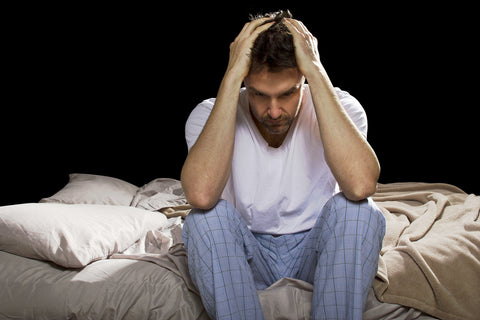Not getting a good night’s sleep can leave you feeling moody or irritable the next day. But what happens if you experience sleep problems for several nights in a row? Being constantly fatigued may not be the only change you notice –– you may also start to feel an impact on your mental health.

Sleep issues may be a sign of a psychotic disorder, such as bipolar disorder. Mental health issues, however, can also lead to or be made worse by poor sleep patterns. Some of the more common mental health disorders that have been linked to sleep include:
When sleep becomes elusive, search out the sleep experts at My CPAP Club. Based in North Carolina, we can ship CPAP machines, water chambers, masks and accessories to patients all over the United States who need help breathing while asleep (and staying asleep).
Take care of a sleep disorder before it impacts your mental health. Lean on My CPAP Club by calling us at 1-888-272-7050 or by filling out our online contact form.